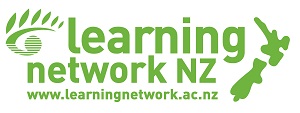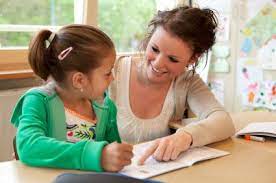Relationship Based Learning Support … a series of workshops for Teacher Aides
This programme for Teacher Aides provides you with the opportunity to hear expert practitioners
share ideas and strategies that could support the work you do in schools
These sessions also give you valuable, regular input around working with students and the opportunity to network and share experiences within a supportive, like-minded group.
When you enrol in this package you will be enrolled in the following 4 sessions: Afternoon sessions 1-4pm at Learning Network NZ
Term 1: Tues 11 March Introduction to Relational Learning, including culturally responsive and child responsive practices
An opportunity for Teacher Aides to network and collaborate with each other
- Relational pedagogies and philosophies
- Open discussions around the Teacher Aide’s roles over the years and perspectives on how Teacher Aides can have the most impact
- Discussions around neurodiversity
- Understanding good Teacher Aide practice
- Building knowledge around student development/foundation skills
- Advice, guidance and practical ideas to put in your Teacher Aide toolkit for supporting students with their emotional regulation as well as supporting them with their learning
- Resources, websites and documents relevant to Teacher Aides
Term 2: Tues 13 May Teacher Aides sharing practice
Developing Teacher Aides Knowledge, Strategies, Practical Ideas and Activities in Learning Support for your ākonga:
This session is a team-up of an experienced teacher and teacher aide presenting together; providing a practical and dual perspective around these areas of learning support:
• ELLs (ESOL)
• Developmental Skills/Foundation Skills/Sensory Skills
• Sharing resources and useful websites
• This session will also allow teacher aides the opportunity to collaborate with each
other and have relevant discussions around their roles and experiences of learning support.
Term 3: Tues 12 August Neurodiversity, including understanding students on the autism spectrum
This course will focus on skills, approaches and practical ideas to support children with diverse needs in a respectful relationship focused way. The main goal in helping children with learning differences is to enable them to achieve their true potential as a learner whilst also building their self esteem.
Course Outline
- Interactive warm up games (suitable to use with children)
- Understanding the basic indicators of ADHD, dyslexia and dyspraxia
- Approaches and strategies to support students
- Practical ideas to use in the classroom
- Possible resources to use with students.
- Reflection and questions
Term 4: Tues 4 November Support for students with challenging behaviour
Learning Outcome: enhance emotional intelligence and inclusive practices for improved student support and learning environments.
- Different brain states.
- Emotions, the emotion balloon and how to process emotions.
- Acknowledge, Link and Let go (ALL) technique.
- Connection, Empathy and Boundaries.
- Making accommodations for neurodiverse students.


